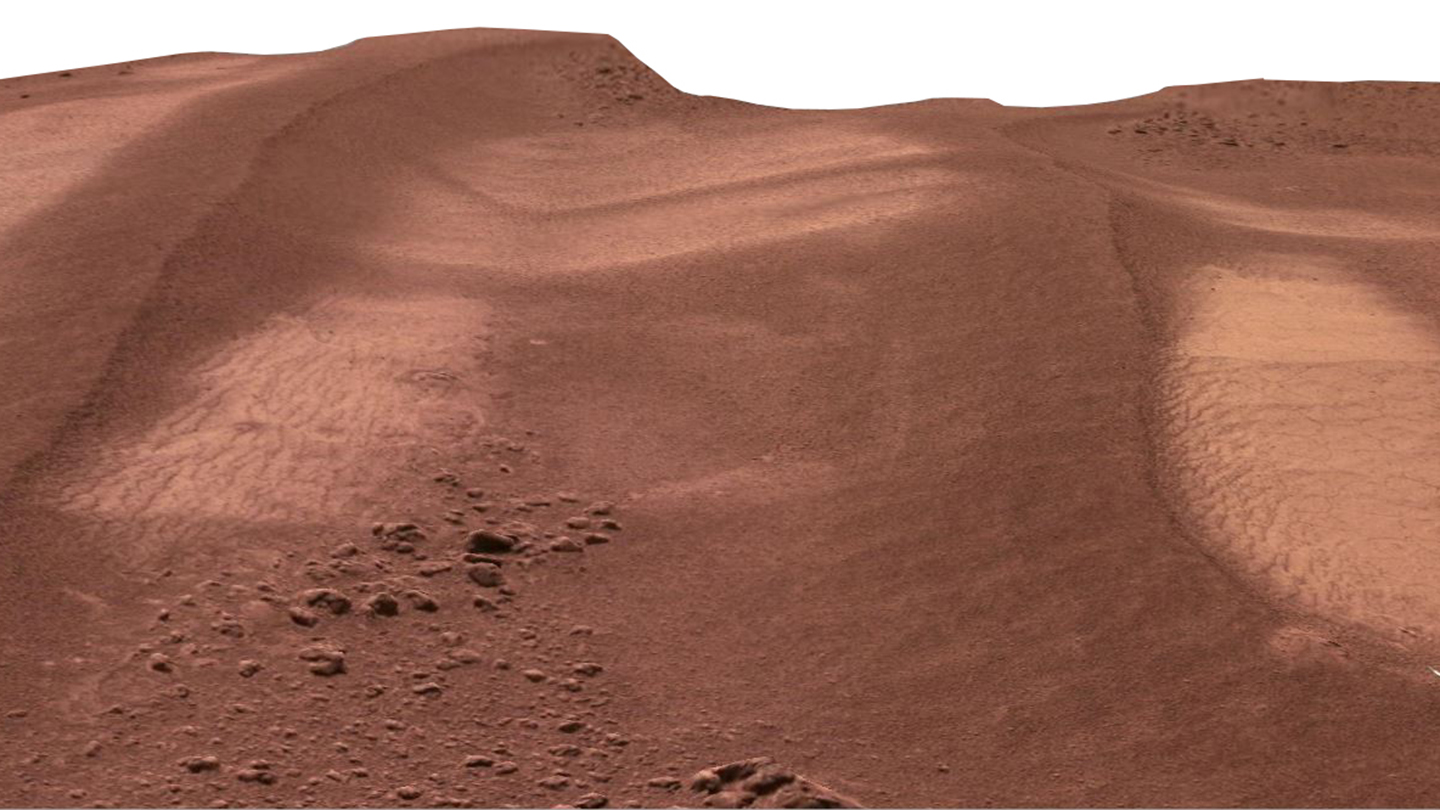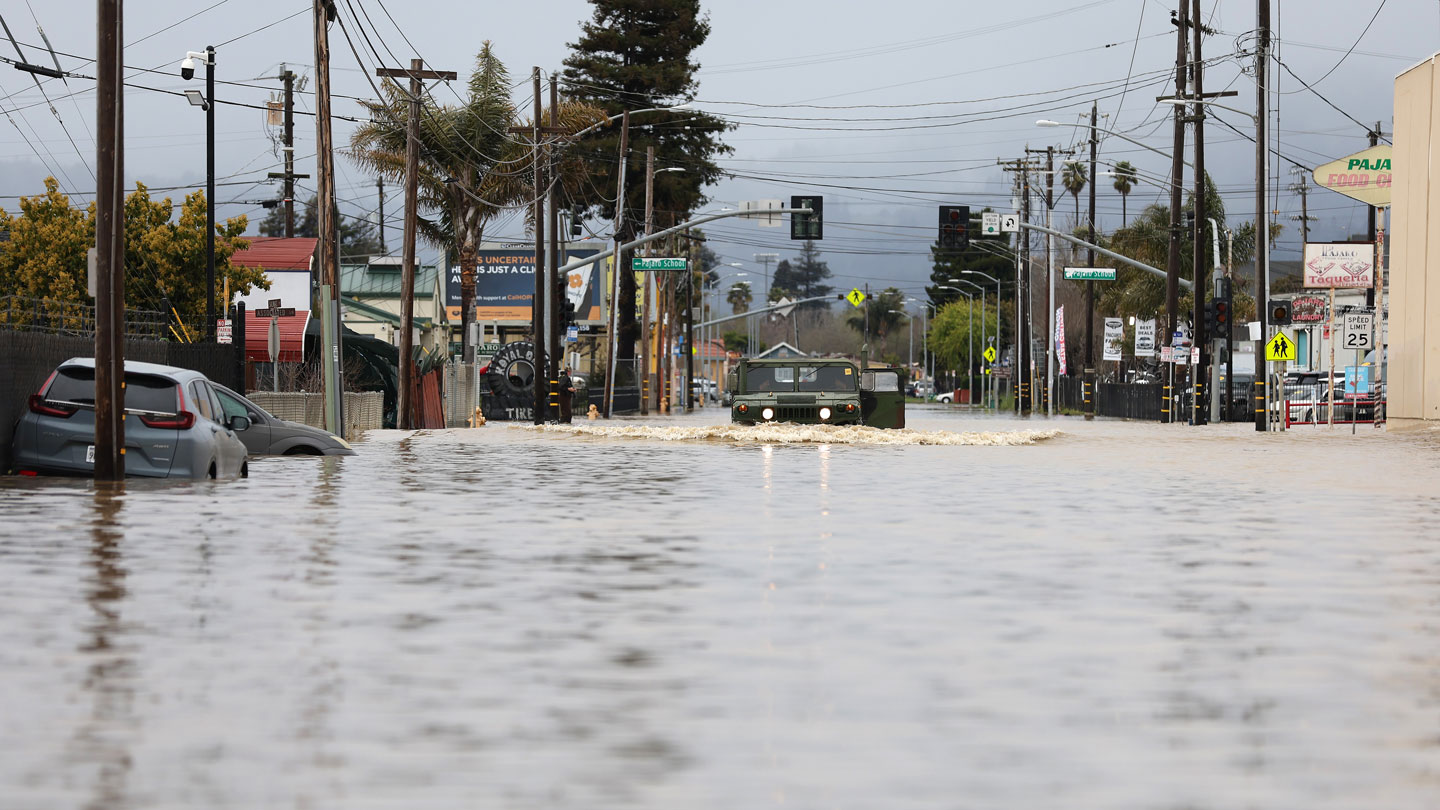Crusts, cracks and other geologic features on sand dunes near the Martian equator are leading researchers to believe there may have been water there much more recently than previously thought.
The features, likely caused by the movement of thawed, salty water, turned up in images taken by China’s Zhurong rover. A chemical analysis from the rover shows that they may have formed as recently as 400,000 years ago, researchers report April 28 in Science Advances.
The results could help guide future missions to find life on Mars. Atmospheric conditions on Mars 400,000 years ago were similar to what’s seen now, suggesting it’s possible that there’s still liquid, salty water at the planet’s low latitudes, says Xiaoguang Qin, a geologist at the Chinese Academy of Sciences in Beijing.
The Zhurong rover — China’s first Mars rover — landed on the Red Planet in May of 2021 in a region called Utopia Planitia, just north of the Martian equator (SN: 5/19/21). Over nine months, the rover gathered images and information on the chemical composition of the region’s dunes and took measurements of the cracks found along the sandy surfaces.
When Qin and his team first saw the rover images they were surprised. The crust’s features appeared to be related to water activity. Wind wouldn’t leave those geologic tracks; it would instead erode the crust. Nor would dioxide frost; it wouldn’t exist at lower latitudes. Melting pockets of frozen water best explained the features found on the dunes, the team concluded.
Mapping the number and size of meteorite impact craters in the area gave a rough estimate of the dunes’ age — they likely formed 1.4 million to 400,000 years ago. That suggests there was water in the region as recently as hundreds of thousands of years ago, not billions of years ago, as previously speculated.
It’s the combination of the features seen in the dunes with the age which makes the new research special, says Aditya Khuller, a planetary scientist at NASA’s Jet Propulsion Laboratory in Pasadena, Calif. “We’ve seen these features before,” says Khuller. “But they’re usually much older.”
Scientists also have previously found evidence for current-day water ice in the mid-latitude gullies of Mars. And data from NASA landers hint that liquid brines can exist on the planet at middle to high northern latitudes, although it would be too cold for life (SN: 5/11/20).
Qin says the findings from the Zhurong rover point to comparatively mild ground temperatures, which suggests the low-latitude sand dunes of Mars could be hospitable to life.














